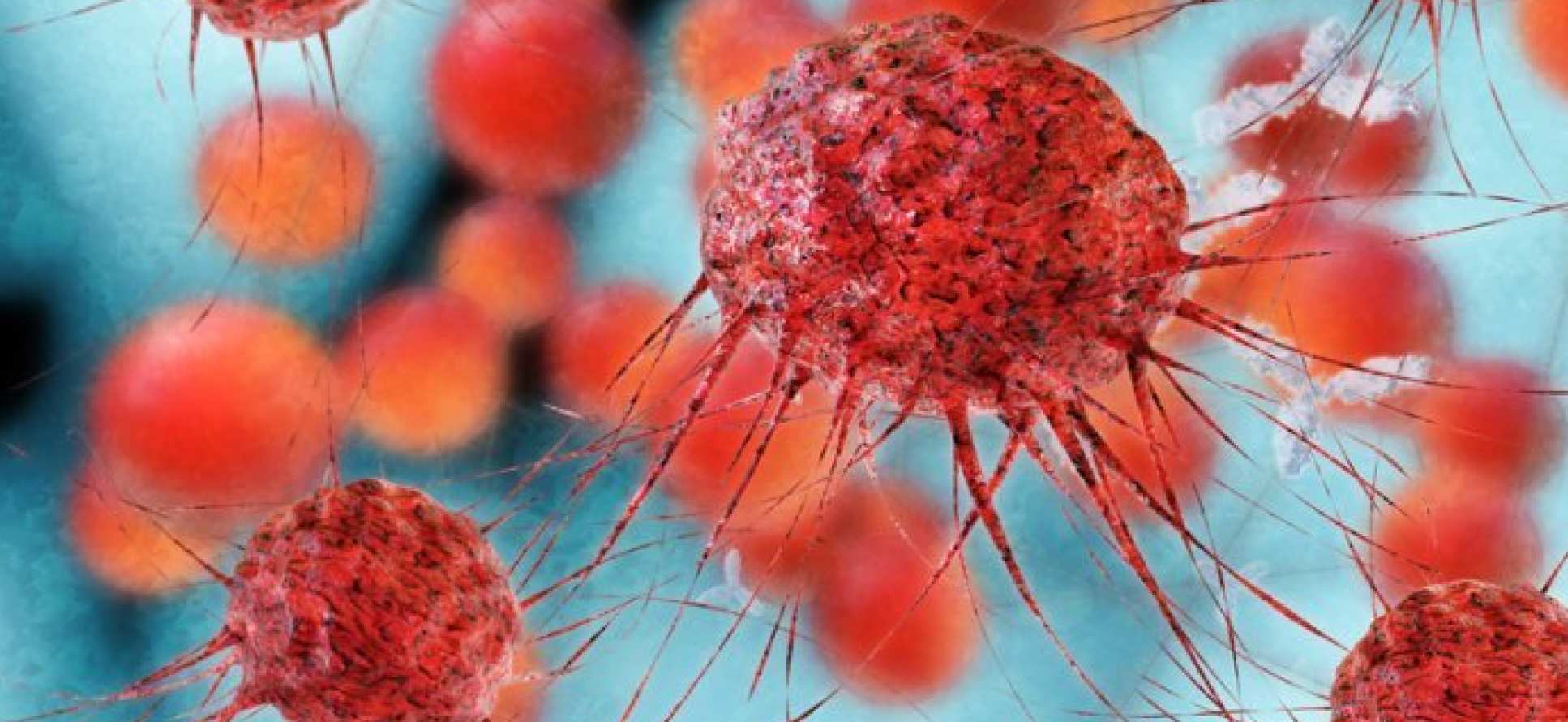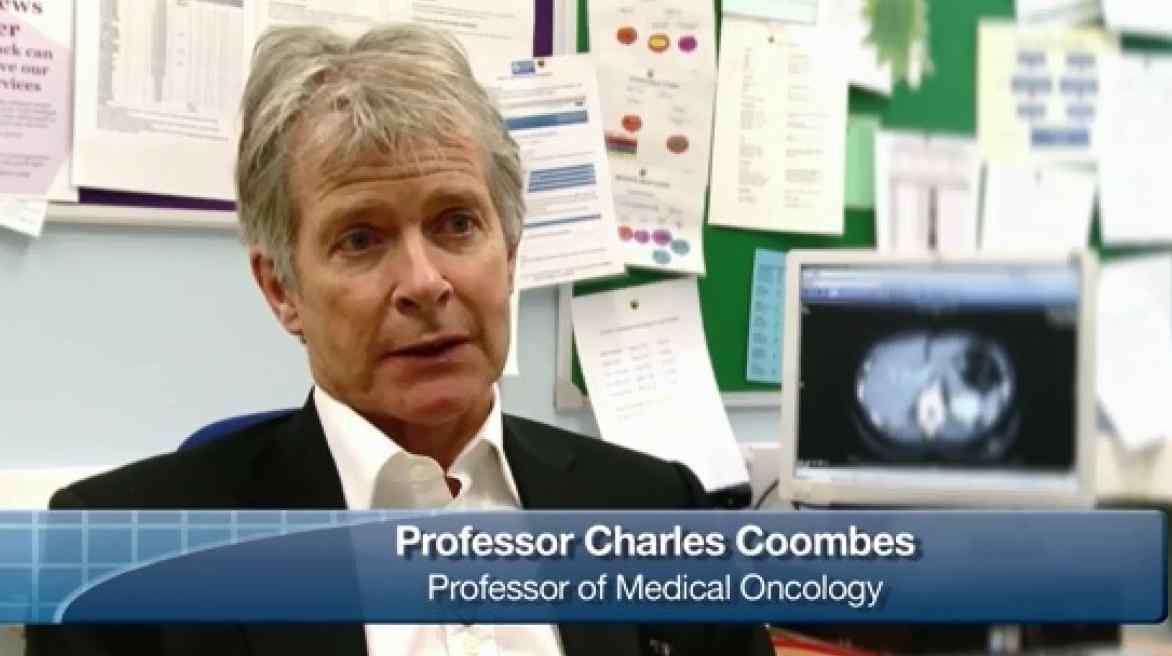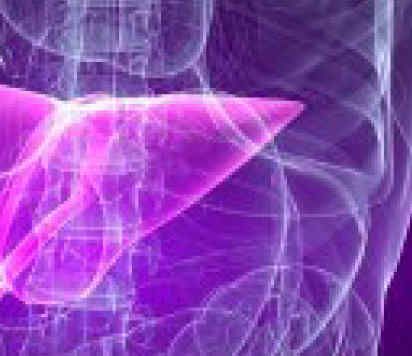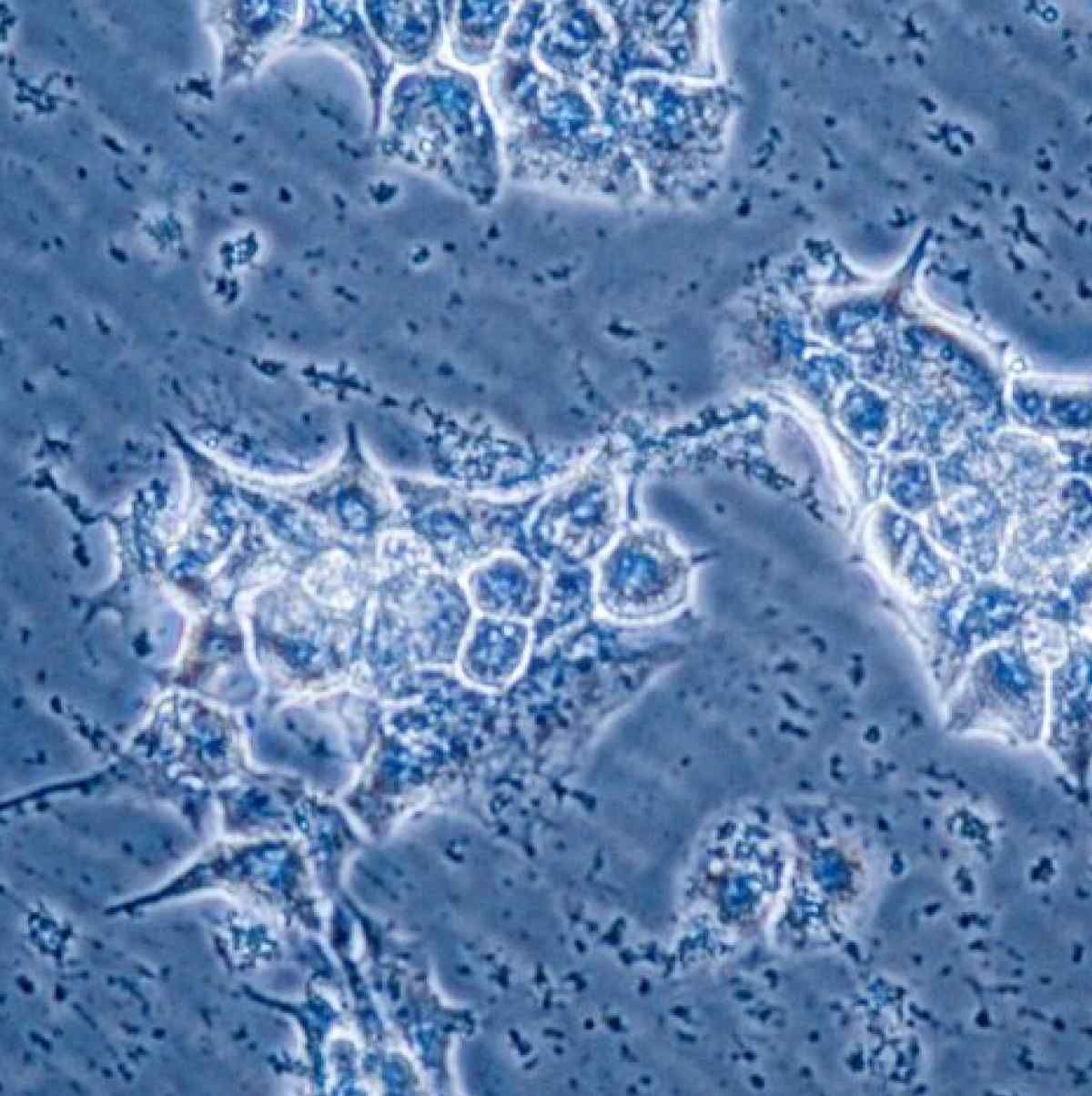
Contact
For more information or to collaborate, please contact:
Professor Simak Ali
+44 (0)20 7594 2811
simak.ali@imperial.ac.uk
What we do
Our research is focussed on improving our understanding of breast cancer biology, particularly mechanisms by which breast cancers evolve to develop resistance to cancer drugs. We are investigating the biochemical, metabolic, epigenetic and genetic changes that drive drug resistance. Using these approaches, we aim to identify biomarkers of response and resistance to current cancer drugs and identify targets for new cancer drug discovery.
Why it is important
One and a half million women are diagnosed with breast cancer each year worldwide and it is responsible for 500,000 deaths annually. As such, breast cancer is a leading cause of cancer deaths and importantly, the last thirty years have seen incidence of new cases rising year on year. Implementation of early detection programmes and the use of targeted cancer drugs have greatly improved patient survival, so that deaths from breast cancer have been declining in many countries. Unfortunately, many patients become resistant to cancer drugs, identifying an urgent need for additional treatments. Additionally, appropriate targeted therapies do not currently exist for a substantial proportion of breast cancer patients.How it can benefit patients
By identifying the key processes underlying breast cancer growth, invasive potential and development of drug resistance, we aim to develop methods for early detection of breast cancer and continual monitoring of patient response to cancer drugs. By defining the mechanisms contributing to drug resistance, we aim to identify new approaches, including new targeted therapies, for improving outcomes for breast cancer patients.
Summary of current research
- Transcriptional and epigenetic profiling in breast cancer: next generation sequencing approaches are being used to define the for defining the epigenetic landscape of localized and metastatic breast cancer, drug response and resistant breast cancer. The aims are to identify critical genes and cell regulatory pathways that contribute to breast cancer progression.
- Inhibiting transcriptional processes in breast cancer: Regulation of gene expression (transcription) is frequently deregulated in cancer. We are evaluating small molecule inhibitors of different stages of the transcription process towards development of transcription inhibitors for cancer treatment.
- Mechanisms of Estrogen Receptor (ER) action in breast cancer: ER is expressed in 80% of breast cancers its activity is blocked with anti-estrogen (tamoxifen, fulvestrant) or with aromatase inhibitors. We aim to understand resistance to these endocrine therapies and the importance of ER mutations for drug resistance and metastasis.
- Fokhead transcription factors: Importance of forkead family members, in particular FOXO3A and FOXM1 in drug resistance are being evaluated.
- Noncoding RNA (ncRNA) in breast cancer progression: ncRNA, as well as microRNAs are recently described effectors of many cellular functions, the importance of which for breast cancer is rapidly becoming established. Current research is aimed at identifying and characterising the importance of ncRNA and microRNAs in breast cancer progression.
- Clinical trials: A number of new breast cancer drugs have been pioneered by Imperial researchers and clinical evaluation of new drugs and drug combinations are a continuing and important part of our work.
Lead researchers and their groups
Professor Simak Ali
/prod01/channel_3/media/migration/faculty-of-medicine/Simak-Ali--tojpeg_1564586067140_x4.jpg)
Professor Simak Ali
Breast Cancer
Professor Laki Buluwela
/prod01/channel_3/media/migration/faculty-of-medicine/Laki--tojpeg_1468936063900_x4-1.jpg)
Professor Laki Buluwela
Breast Cancer
Professor Charles Coombes
/prod01/channel_3/media/migration/faculty-of-medicine/Charles-Coombes--tojpeg_1564585837800_x4.jpg)
Professor Charles Coombes
Breast Cancer
Dr James Flanagan
/prod01/channel_3/media/migration/faculty-of-medicine/James-Flanagan--tojpeg_1564585073193_x4.jpg)
Dr James Flanagan
Translational Epigenomics
Dr Laura Kenny
/prod01/channel_3/media/migration/faculty-of-medicine/drlaurakenny--tojpeg_1457534787238_x4.jpg)
Dr Laura Kenny
Translational Care Medicine and Imaging
Dr Ernesto Yague
/prod01/channel_3/media/migration/faculty-of-medicine/Yague--tojpeg_1468937866271_x4.jpg)
Dr Ernesto Yague
Drug Resistance Lab


